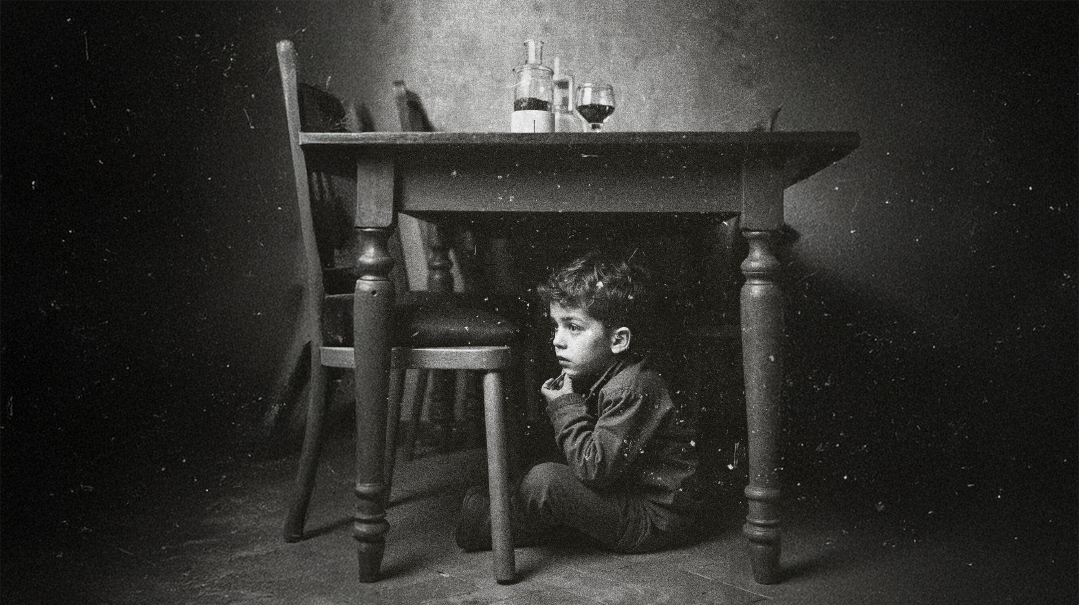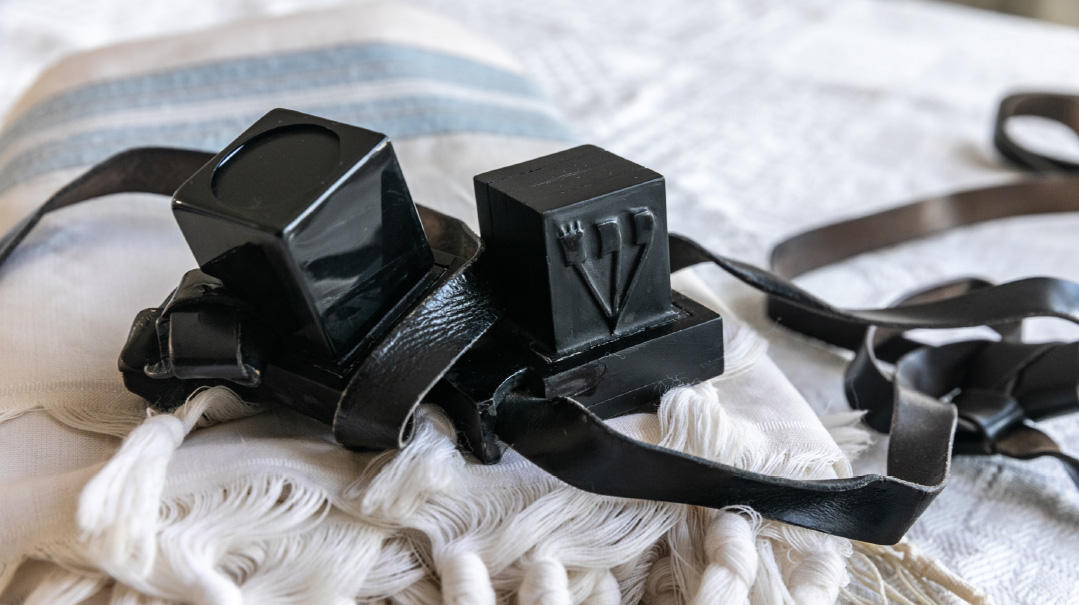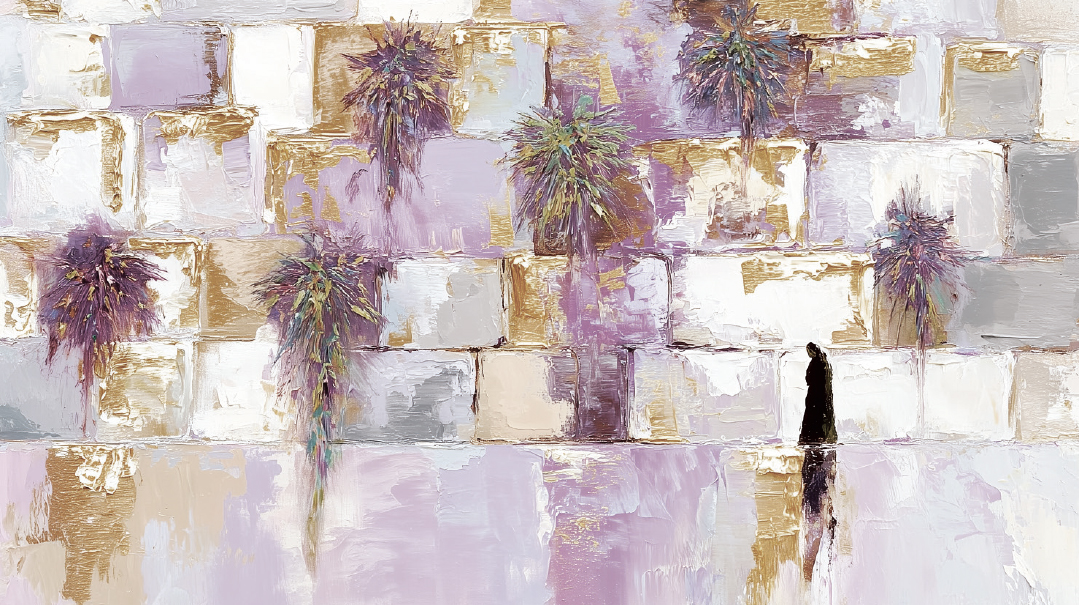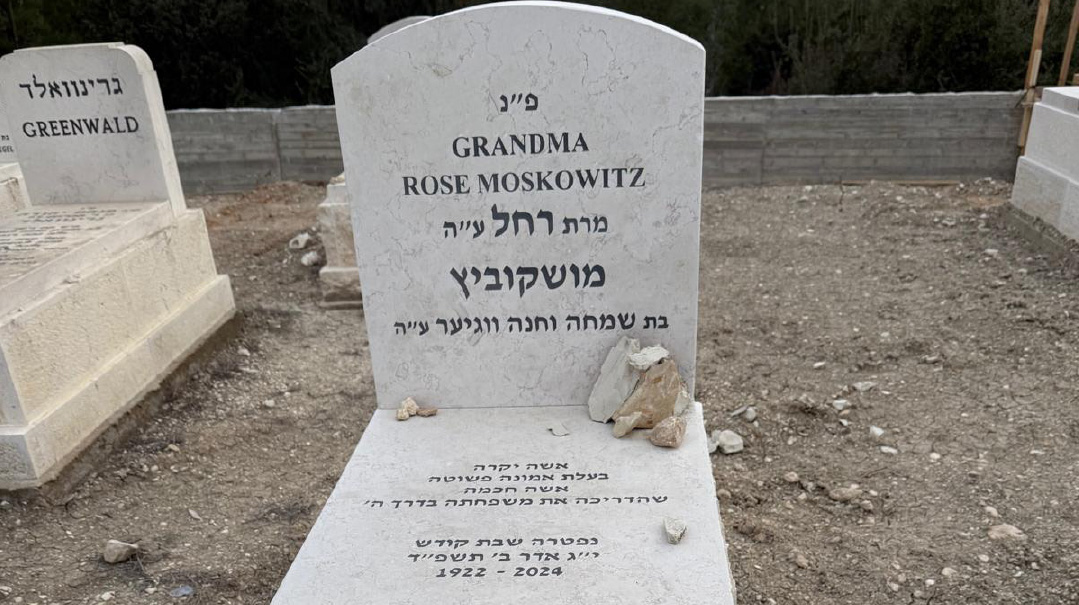A Seat at the Table
| March 18, 2025It’s going to tank from here, I thought. It’s all downhill now

By Dr. Avi Horwitz, as told to his brother, Shlomo Horwitz
MY wife and I were looking forward to celebrating Leil HaSeder in Jerusalem together with our children and a number of young grandchildren. I’d spoken with our rav asking for ideas on presenting the Hagaddah to the kids in a way they would appreciate, and he’d shared some basic ideas that he said had gone over well with his grandchildren, who spanned a range of ages.
We were going to be hosting quite a crowd; my children and their kids, my mother, and a giyores who wanted to experience a multigenerational Seder. My wife worked tirelessly to prepare a sumptuous Yom Tov meal and designed special props, including a model of Kri’as Yam Suf.
I was excited to share my rav’s insights with the grandchildren, but I saw right away that things weren’t going to go as planned. When I asked my grandson to say the Four Questions, he just gave me a look and said, “Batata (sweet potato).”
It’s going to tank from here, I thought. It’s all downhill now.
I was right. Pretty soon all the kids were under the table, playing with their action figures and blocks. I peeked under the table and saw matzah being ground into the carpet. They were having the best time — and it was absolute bedlam.
Mom was looking at me. My wife was looking at me. The giyores was looking at me. This poor giyores — this definitely wasn’t the Seder she expected.
My wife had worked so hard for so many weeks to prepare for this night. We were in Israel, so we had only one shot at this. And the whole Seder was unraveling before my very eyes.
At first, I tried to fight it — and then I flipped a mental switch.
They’re having a good time, I told myself. They’re little kids. They’re too immature even for my bite-sized Torah nuggets.
I wondered how my rav pulled it off at his Seder. Either he was better at disciplining his grandchildren, or maybe his divrei Torah were more user-friendly. But my grandchildren, who hadn’t seen each other for a long time, just wanted to play. So I let them play. And I actually started to enjoy it.
We made our way through the Seder, and everyone thanked us profusely. And the next day, as we rehashed the Seder, I remembered something.
Years ago, Mom had told me the story of her first Leil HaSeder after Kristallnacht. Her father and brother had been taken to a work camp near Poland, leaving her and her mother to wonder if they’d ever see them again. She told me how all the Jewish people who remained in Berlin conducted their Seder under the table, while shuddering in fear of the Nazis.
I turned to Mom and said, “I remember your description of your Leil HaSeder under the table after Kristallnacht — hiding, afraid. And now, here we are. You, us, your grandchildren, and great-grandchildren, in Yerushalayim Ir Hakodesh. And our children are under the table, not in fear, but playing, happily.”
Mom beamed at me.
“You’re absolutely right,” she said.
What a moving testament to the resilience of Am Yisrael, the endurance of our traditions, and the incredible brachah of living in Eretz Yisrael with generations of Jewish children growing up in safety and freedom, I reflected. We often strive for the perfect spiritual experience. Sometimes, I learned, true meaning peeks out, unexpectedly, from under the table.
(Originally featured in Mishpacha, Issue 1054)
Oops! We could not locate your form.






